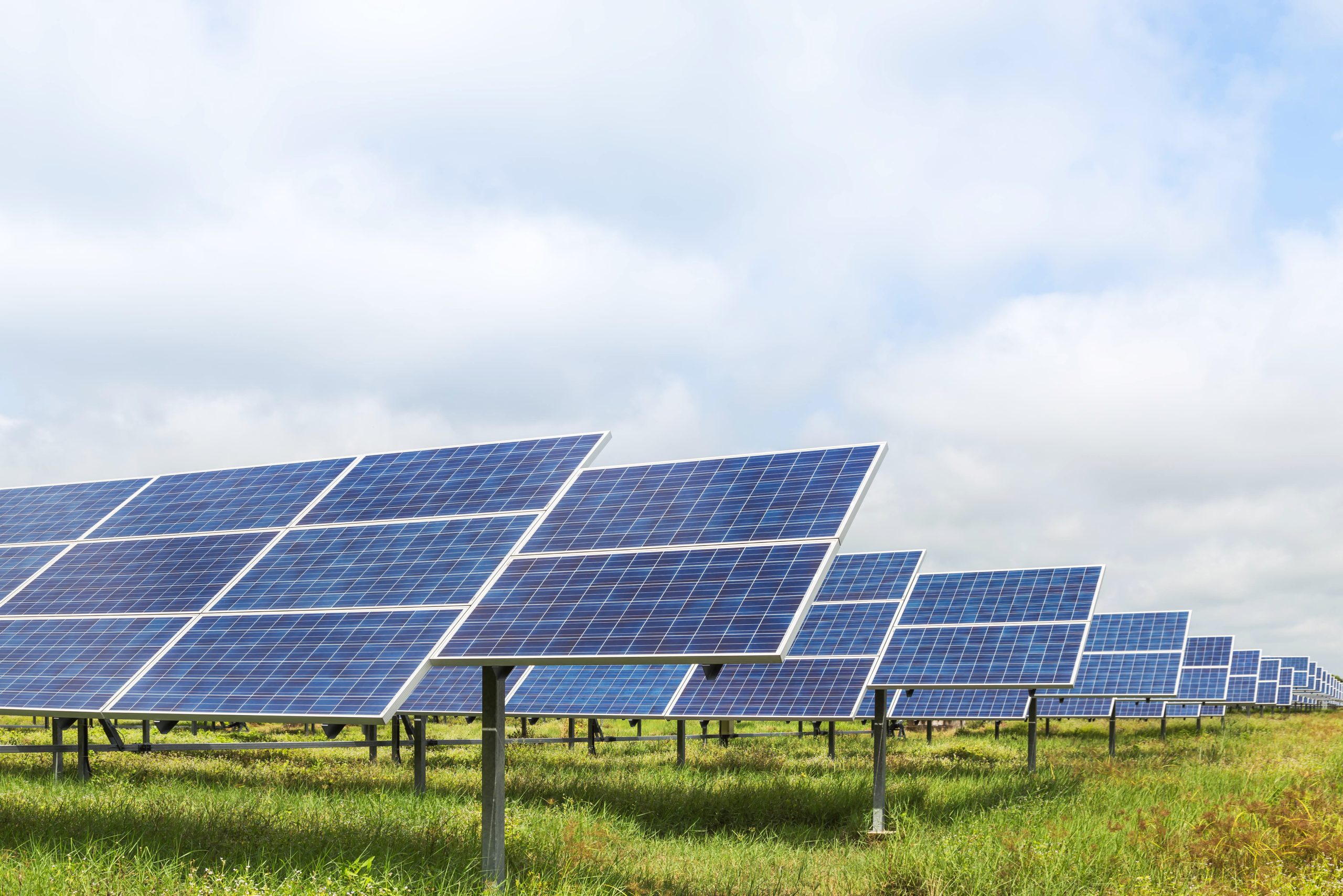The NPC fears the Department of Works and Pension’s struggles to process the surge in pension credit applications is putting the UK’s poorest older and most vulnerable people at risk.
Sub-zero temperatures and predictions of yet another Ofgem energy price cap rise announcement is disastrous news for those desperate for help with their heating bills right now.
Without approval for pension credit, they will not qualify for Winter fuel payments to help with energy bills in the coldest months of the year.
Despite government promises that it would protect the poorest by pushing ahead with pension credit uptake, it’s been revealed that pension credit applications are being delayed by ten weeks as DWP staff struggle to process them all.
Jan Shortt, NPC general secretary said: “Will the Chancellor now reinstate the winter fuel payment to all pensioners this year, or will she take responsibility for the risk to the health and welfare of those struggling to survive the cold without the allowance?
“Given that we already have freezing weather across the country, it is inevitable that those without the support of the winter fuel payment will be suffering in cold homes, many afraid to turn the heating on at all.
“The NPC is concerned to learn that the wait for those applying for pension credit is extended to ten weeks as the extra staff being brought into the DWP will not be trained until the new year.
“This delay will take those applicants who need their winter fuel payment now to at least February. We genuinely fear that some may not survive to see February and their delayed payment.”
The NPC has been campaigning alongside other concerned organisations for the Chancellor to reconsider the cuts to the winter fuel payment this year, as there has been no proper analysis of the impact on the ten million retired and vulnerable people who will lose the £200 to £300 help with their bills.
We organised a mass rally and a lobby of Parliament attended by many MPs last month and aim to continue our campaign until the payments are restored.
As another price cap rise is predicted, from October 1, 2024, bills increased by around ten per cent to an average of £1,717.
Energy bills remain at levels 65 per cent above winter 2020/21, but people have less ability to pay these high prices after so many years of high bills and the wider cost of living crisis.
Energy bills will remain c.65 per cent higher, (c.£700 per average household) than in winter 2020/21, a fourth winter of the energy bills crisis.
The price cap affects around 28 million customers on standard variable tariffs (SVTs), including customers on prepayment meters (PPMs).
The price cap limits the unit cost of energy and standing charges which firms can charge, not the total bill.
If you use more energy than average you will pay more than this figure. (Source: End Fuel Poverty Coalition & Warm This Winter)
Rodney Sadd
Unite union delegate for South Holland and The Deepings CLP






